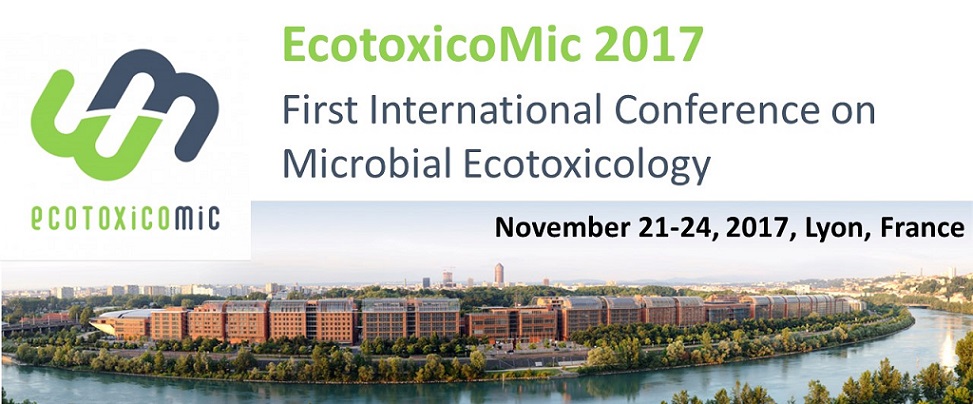Agenda > Keynote speakers
Keynote speakers
Opening Conference
|
Dr. Edward TOPP
Agriculture and Agri-Food Canada, London Ontario
Dr. Ed Topp is a native of Montréal. He studied microbiology at McGill University, and he received his PhD in 1988 from the Department of Microbiology at the University of Minnesota. He is a Principal Research Scientist with Agriculture and Agri-Food Canada and also has adjunct appointments with the Department of Biology at Western University in London Ontario, and the Department of Soil and Water Sciences at the University of Florida in Gainesville. Dr. Topp has led several national studies that seek to better understand and to better manage the risks that food production practices pose for environmental quality and human health. This work has included terrestrial and aquatic exposure and fate assessments for numerous pharmaceuticals including various antibiotics, impacts of antibiotics on soil microorganisms, and fate of antibiotic resistance genes in soils receiving animal manures or sewage sludge. Dr. Topp is the national coordinator for the Genomics Research and Development Initiative project on antimicrobial resistance, a key component of the innovation pillar of the Canadian National AMR Action Plan. He is a former president (2011) of the Canadian Society of Microbiologists.
|
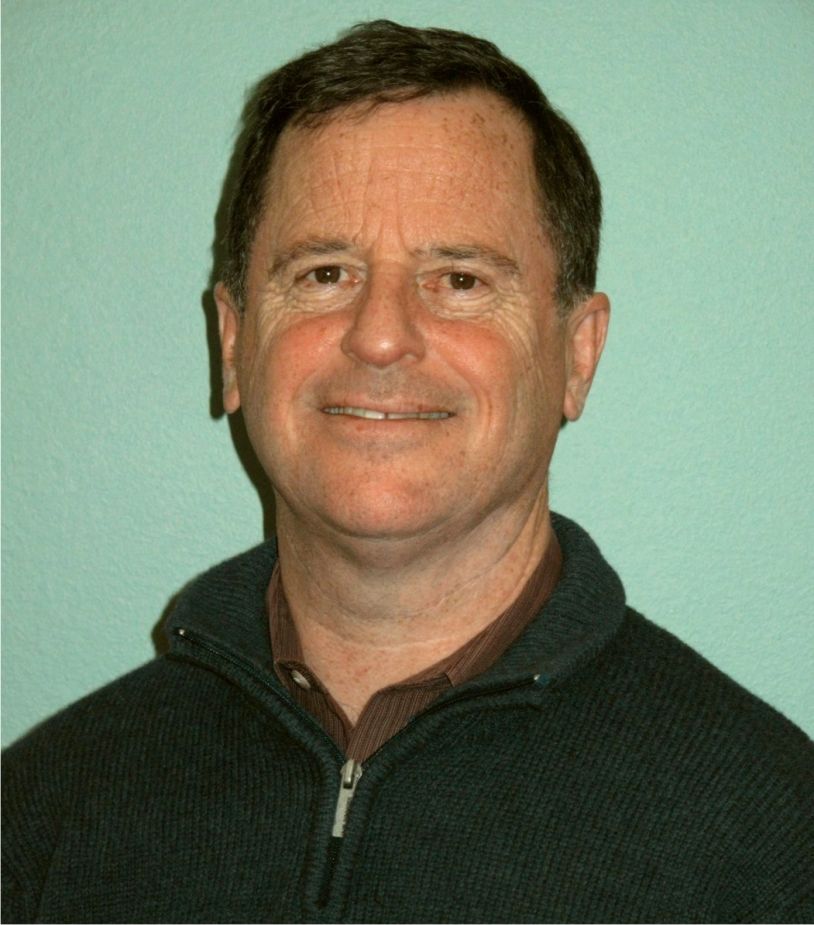
|

Session ECOTOXICOMIC
|
Dr. Philippe GARRIGUES
National Center for Scientific Research, Bordeaux, France
Dr. Philippe Garrigues is a CNRS Research Director and currently at the University of Bordeaux. His research interests are the analytical aspects (chromatographies and spectroscopies) related to the detection of organic pollutants and the environmental fate and the toxicological effects of these compounds. He has been involved in the development of biochemical markers as early warning systems for the toxicological evaluation of marine ecosystems through the coordination of large research projects supported by the DG Research (European Commission, Brussels). His recent research interest deal with REACh regulation and how analytical chemistry is developed for its implementation.
Dr. Garrigues has authored about 180 publications. He has been member of the Executive Committee of SETAC-Europe (1997-1999) and Chair of the EuCheMS Division «Chemistry and the Environment» (2003-2008). He is presently Deputy-Chair of the French Chemical Society (SCF) and elected member of the Executive Board of EuCheMS (European Association of Chemical societies). He is/has been member of scientific committees in French institutions (CNRS, IFREMER, INERIS, Rovaltain Foundation). He has organized various Scientific Conferences dealing with environmental chemistry and toxicology, most of them related to scientific societies (SETAC, ISPAC, EuCheMS). He has also various editor’s responsibilities (Polycyclic Aromatic Compounds, Environmental Science and Pollution Research, Analytical and Bioanalytical Chemistry).
|
 |

Session BIODEGRADATION
|
Elizabeth A. EDWARDS
University of Toronto, Canada.
Dr. Elizabeth Edwards holds Bachelor’s and Master’s degrees in Chemical Engineering from McGill University, Montreal, and a PhD degree in Civil and Environmental Engineering from Stanford University. She is internationally known for her work on anaerobic bioremediation, the application of molecular biology and metagenomics to uncover novel microbial processes, and the transition of laboratory research into commercial practice to develop bioremediation and bioaugmentation strategies for groundwater pollutants. She is also the founding director of BioZone, a Centre for Applied Bioscience and Bioengineering Research at the University of Toronto and a Tier 1 Canada Research Chair in Anaerobic Biotechnology. In 2016, she was awarded the Canada Council of the Arts Killam Prize in recognition of outstanding career achievements.
|
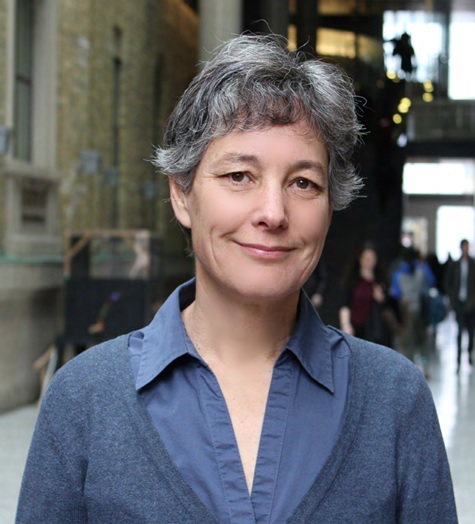 |

Session FUNCTION
|
Dr. Fernanda CASSIO
Center of Molecular and Environmental Biology, Braga, Portugal
Dr. Fernanda Cássio is an Associate Professor with habilitation at the University of Minho, in Portugal. She got her PhD in Microbiology. She is the head of the Centre of Molecular and Environmental Biology, rated as Excellent by the Portuguese Foundation for Science and Technology. She has been studying the role of decomposers of organic matter in aquatic ecosystems, with particular emphasis on microbial diversity and activity, using traditional and molecular techniques.
She is also interested in ecotoxicological effects of emergent (pharmaceuticals and nanomaterials) and persistent contaminants (metals and PHAs) in freshwaters, studying effects from cells, to populations and communities levels.
|
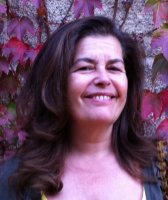 |

Session MULTI-STRESS
|
Dr. Mechthild SCHMITT-JANSEN
Helmholtz Centre for Environmental Research, Leipzig, Germany
Dr. Mechthild Schmitt-Jansen received her PhD in Hydrobiology at the Brandenburg University of Cottbus, Germany in the Department of Freshwater Conservation studying plankton input and dynamics in lowland streams. She continued her work as a postdoctoral researcher in the Department Chemical Ecotoxicology and the Department Effect Propagation at the Helmholtz Centre for Environmental Research – UFZ in the research areas of community ecotoxicology and site-specific toxicity assessment of aquatic systems. Since 2005 she has been working as a senior scientist at the Department Bioanalytical Ecotoxicology - UFZ leading the research group aquatic stress ecology. Since 2011 she has been holding a teaching assignment at the Technical University Bergakademie Freiberg with lectures related to aquatic ecology and ecotoxicology.
Dr Schmitt-Jansen`s research interests concern community responses to multiple stressors and contaminants with special focus on biofilm ecology. Her work is based on ecological concepts like stress/pollution-induced community tolerance (SICT/PICT). In order to understand the underlying processes of stress responses, she investigates molecular responses like metabolomics and links them to phenotypic observations including physiologically-based (photosynthesis) and ecologically-based parameters (dynamics of species traits, community tolerance). Model systems she is working with rang from algal cultures to periphyton communities.
|
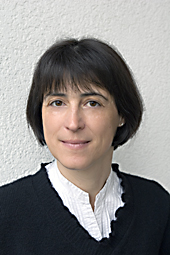 |

Session RISK ASSESSEMENT
|
Dr. Dimitrios KARPOUZAS
University of Thessaly, Volos, Greece
Dr. Dimitrios Karpouzas studied Crop Protection in the Aristotle University of Thessaly and then he moved to UK where he was awarded an MSc in Crop Protection from the University of Reading and a PhD on the microbial degradation of pesticides by the same University in collaboration with HRI-Wellesbourne. He is currently Associate Prof. in Environmental Microbiology and Head of the Lab of Plant and Environmental Biotechnology in the Department of Biochemistry and Biotechnology, University of Thessaly. His main research focus is on the interactions of pesticides with soil microorganisms which could lead either to biodegradation of the pesticides by soil microorganisms or to toxicity effects on the soil microbial community. On the former his focus is on the metabolic pathways involved and the genes/enzymes controlling each step of the process. In recent years within the frame of a series of EU-funded projects Dr. Karpouzas focused on the development of tools and procedures for the comprehensive assessment of the toxicity of pesticides on soil microorganisms which could be the basis for a forthcoming revision of the regulatory framework regarding pesticides soil microbial toxicity assessment.
|
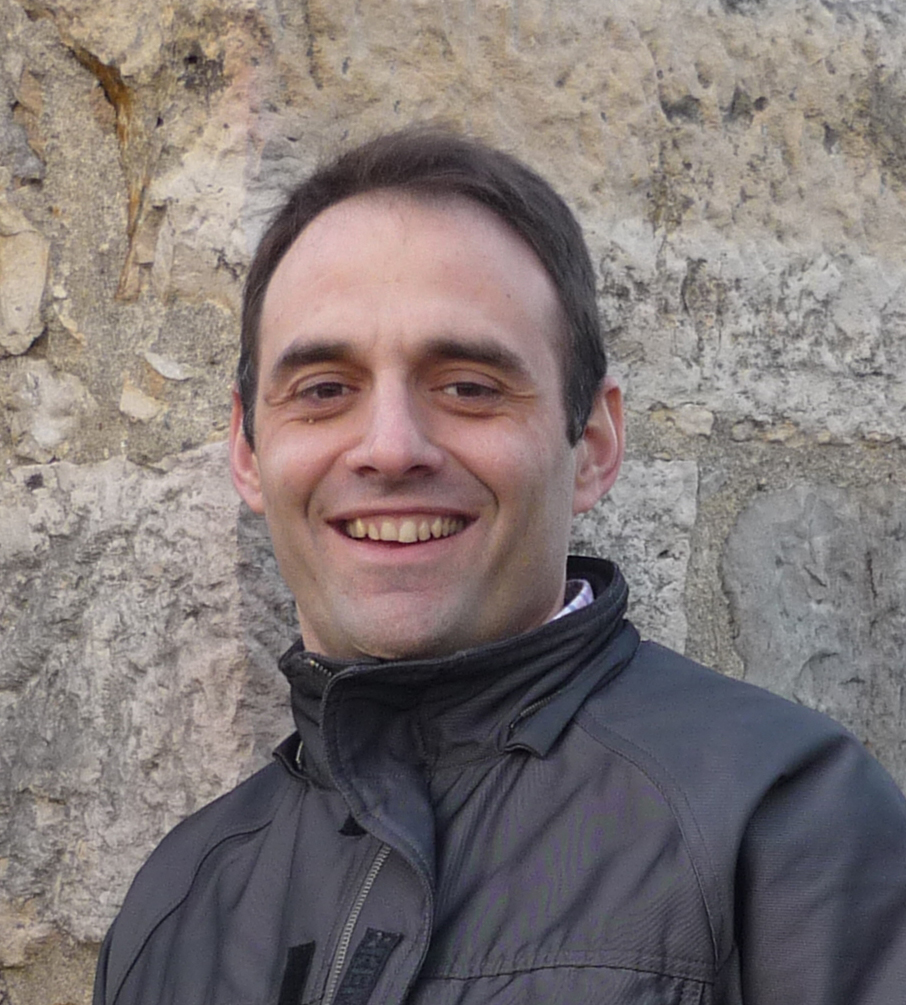 |

Session TROPHIC INTERACTIONS
|
Dr. Rick RELYEA
Rensselaer Polytechnic Institute, Troy, NY, USA
Rick Relyea received his PhD from the University of Michigan in 1998 and is currently the David D. Darrin '40 Senior Endowed Chair in Biology at Rensselaer Polytechnic Institute (RPI). He has spent his career working to merge the fields of ecology, evolution, and ecotoxicology using a diversity of species and a wide range of experimental venues from the laboratory to outdoor field experiments. His research group has made a number of important discoveries regarding the synergistic effects of contaminants and natural stressors and how contaminant impacts on one species can have substantial impacts on the entire ecosystem due to the pervasive interconnectedness of food webs.
|
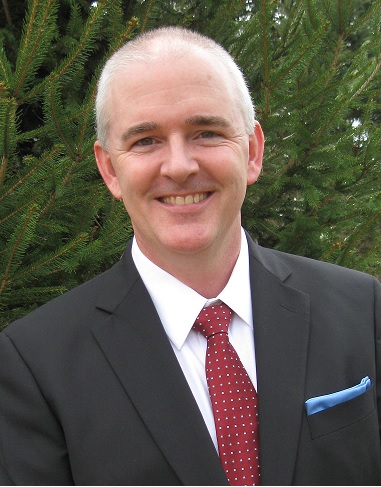 |
|
